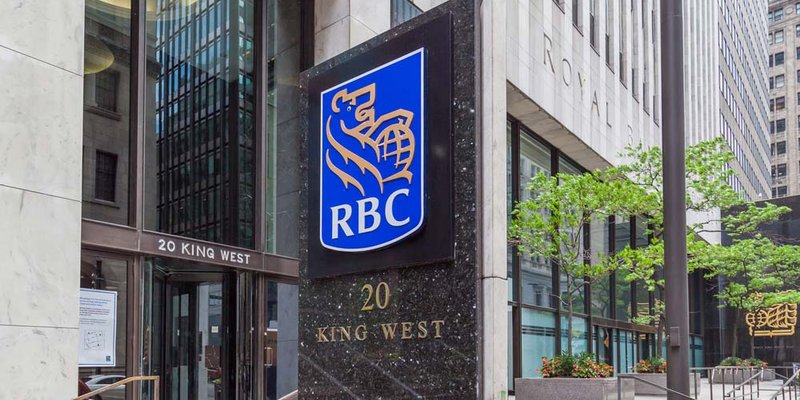
If you are not redirected within 30 seconds, please click here to continue.
Samedi: 10h – 16h HAE

If you are not redirected within 30 seconds, please click here to continue.
If you are not redirected within 30 seconds, please click here to continue.
RBC and Scotiabank Credit Downgrades: What You Should Know

Table of Contents
Canada’s banks were praised during the global financial crisis for being rock-solid - but times seem to have changed, as two of the nation's biggest lenders, RBC and Scotiabank, recently took hits to their credit ratings.
Why have these lenders been downgraded? Should banking consumers be concerned? Here's a breakdown of the factors behind the credit cut.
RBC - Biting Off More Than It Can Chew?
Fitch Ratings, an international ratings agency that ranks the credit profile of companies, lenders and countries, revised its outlook downward from stable to negative for RBC - significant as the bank is the second largest of Canada's financial institutions.
The ratings agency said it’s more pessimistic toward RBC as “future earnings volatility may be higher than Canadian bank peer averages as well as in comparison to similarly rated global financial institutions.”
In plain language, Fitch is concerned over RBC’s acquisition of City National Bank, a U.S. private and commercial lender. Although Fitch did have some good things to say about the purchase, it’s worried that RBC has tangible ratios lower than similar financial institutions. Although City National has the potential to help RBC grow in the U.S., it could be “modestly dilutive to the Canadian bank overall return on equity,” according to Fitch.
That’s not Fitch’s only concern; it’s also worried that in order to grow its capital markets businesses, RBC would have to shoulder more risk. This has the potential to lead to higher levels of volatility for RBC’s earnings vis-à-vis its peers on a Canadian and global scale.
But it’s not all doom and gloom; RBC continues to post good earnings on an annual basis. It also has a strong position in the market, sound funding and good liquidity.
Scotiabank: Too Much High Risk Debt
Similar to RBC, Scotiabank has been downgraded a notch by Moody's, another credit ratings agency. The downgrade is due to Scotia's decision to expand its product offering of unsecured auto and credit card loans in hopes of earnings bigger profits. Moody’s also isn’t a fan of Scotiabank expanding into high growth, less stable areas.
Scotiabank has diverted from the bank’s traditional low risk appetite to increase its bottom line.
Moody’s vice president David Beattie said while the lender's intentions are to increase profitability, in Moody’s opinion, they also increase the chances of future credit losses. This will result in Scotiabank having the dubious honour of having the lowest domestic net interest margin of any of the big six banks. Moody’s is especially nervous about Scotiabank’s greater dependency on credit card and auto loans. These categories traditionally have a higher change of deterioration during an economic downturn. This can result in higher defaults and loss severities than safer investments like mortgages. Moody’s also doesn’t like some acquisitions by Scotiabank in higher growth, less stable international markets.
The winds of change appear to be blowing strong. Scotiabank, which has a reputation as a conservative bank (which is saying a lot since banks are conservative by nature), is seen as more risk adverse than similar worldwide banks. Despite the downgrade, Scotiabank remains one of the highest rated banks in the world.
Get money-saving tips in your inbox.
Stay on top of personal finance tips from our money experts!










